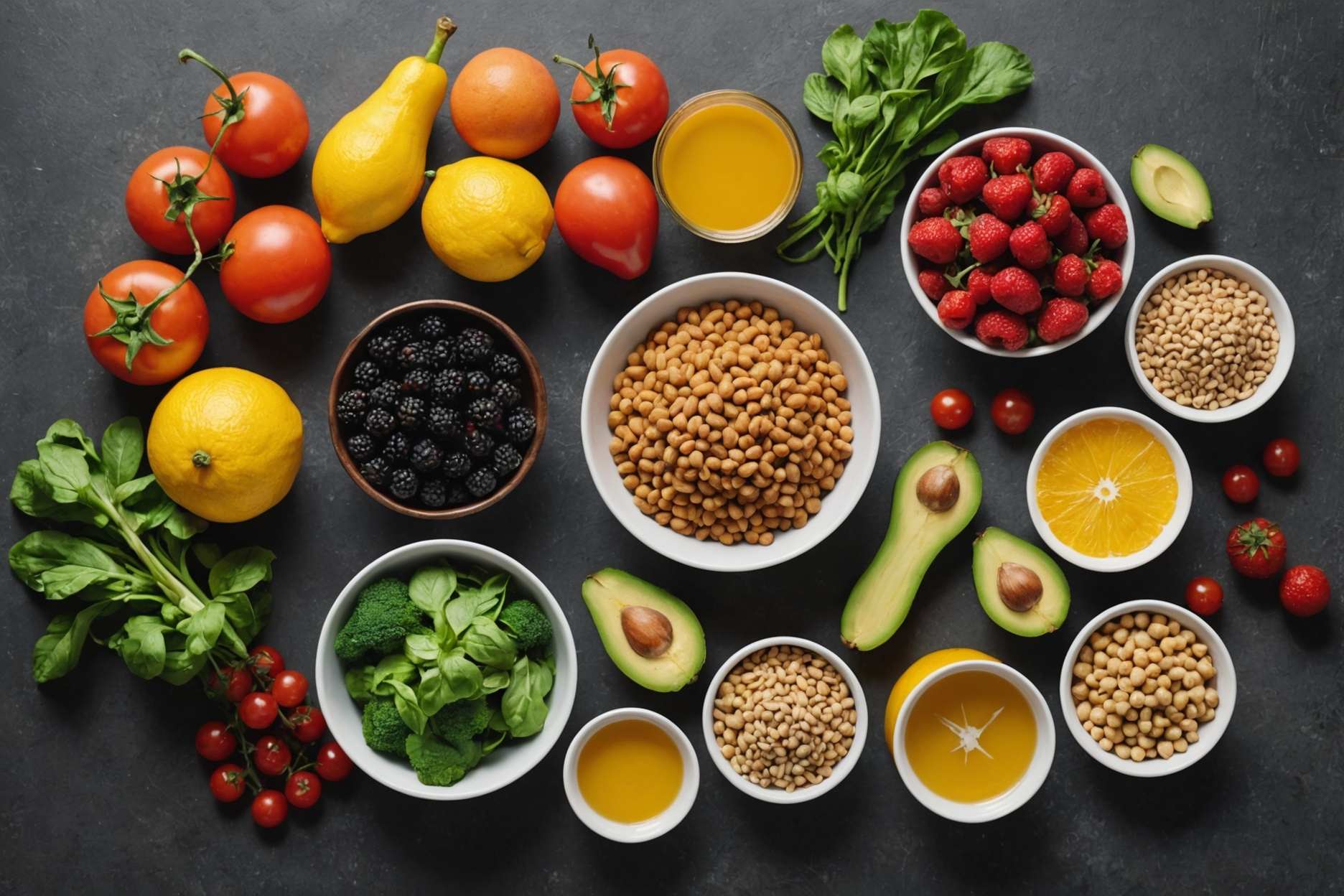Favored Organic product for Seniors' Prosperity: Make Your Determination
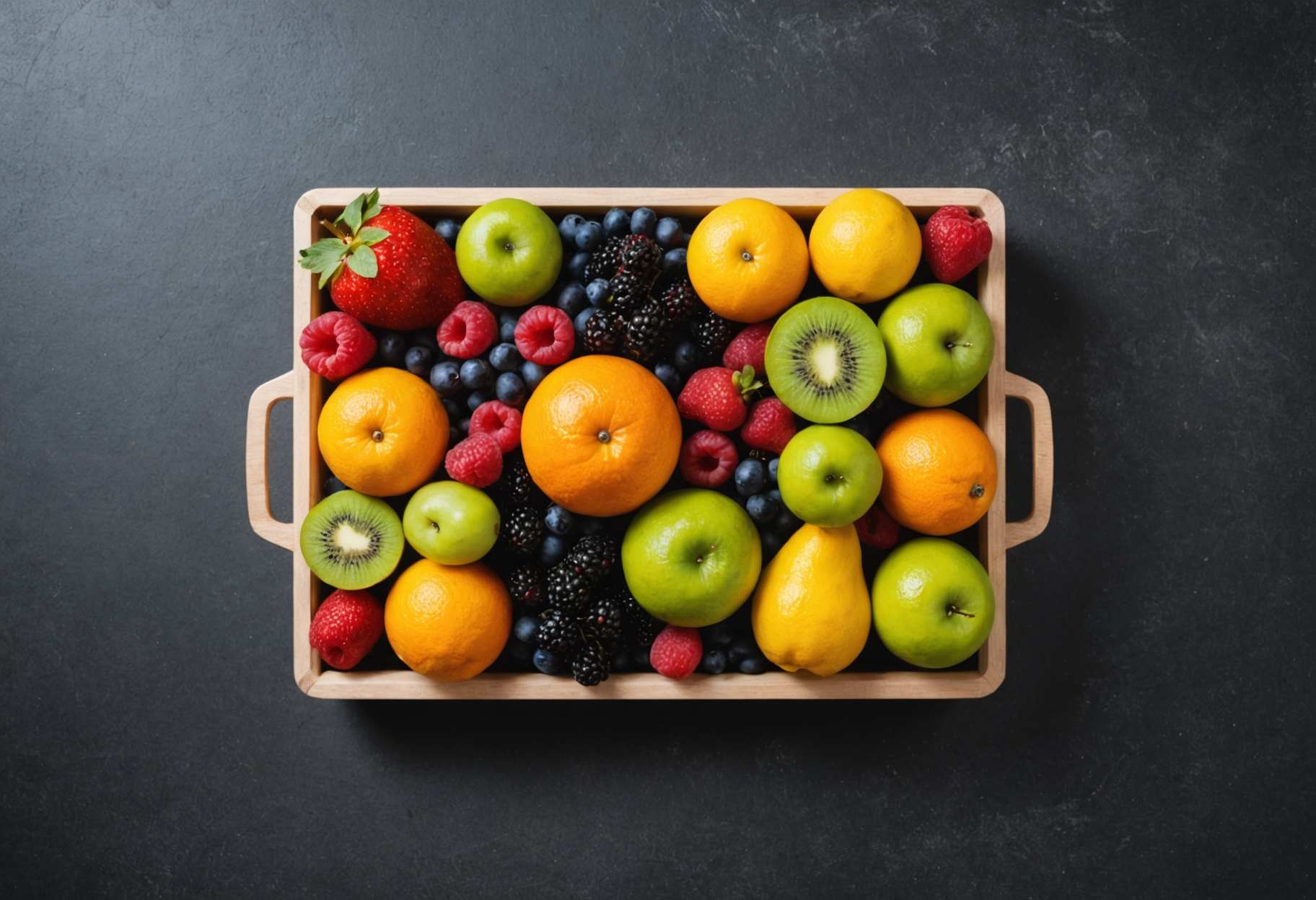
Choosing suitable natural products is vital for supporting the wellbeing and prosperity of seniors. Plentiful in essential nutrients, minerals, and cell reinforcements, organic products convey an assortment of medical advantages that advance generally health. Each organic product presents particular wholesome advantages and can be easily remembered for a day to day diet. Dive into the portrayals beneath to find more about these foods grown from the ground why they are extraordinary choices for seniors wishing to work on their wellbeing and imperativeness.
1
"Apples"
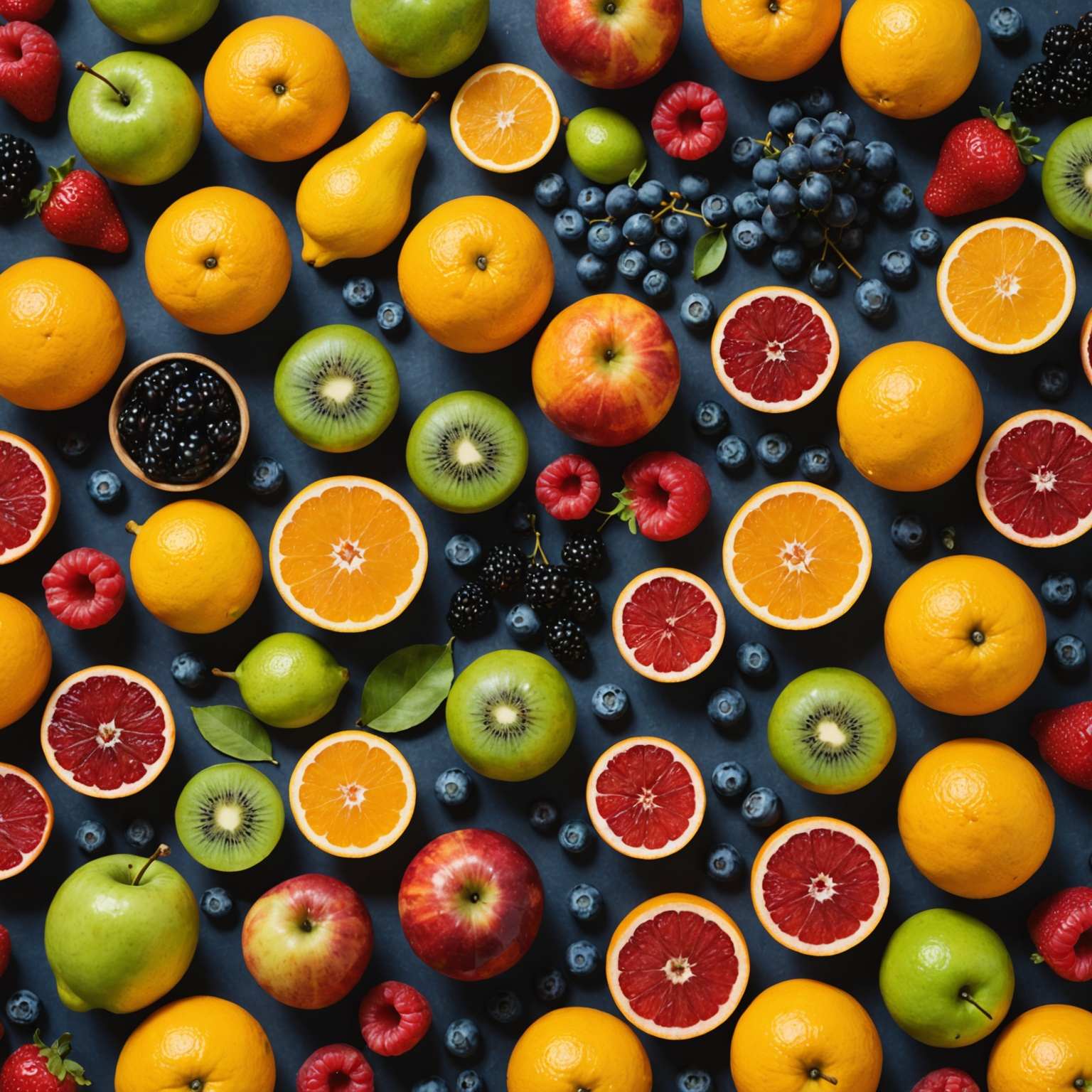
Apples are a generally delighted in natural product perceived for their fresh surface and sweet-tart flavor. They are especially high in dietary fiber, remarkably gelatin, which helps with assimilation and advances stomach wellbeing. Furthermore, apples give a significant wellspring of L-ascorbic acid, a cell reinforcement that upgrades the resistant framework and aids tissue fix. Ordinary utilization of apples might diminish the gamble of ongoing illnesses, including coronary illness and diabetes, on account of gainful mixtures like flavonoids and polyphenols. Besides, biting apples can improve oral wellbeing by animating spit creation, which forestalls tooth rot. With their flexibility, apples can be consumed in different structures, including new, heated, or integrated into plates of mixed greens. Their basic readiness and capacity settle on them an open and nutritious decision for seniors meaning to maintain a sound eating regimen.
Do you agree?
2
"Oranges"
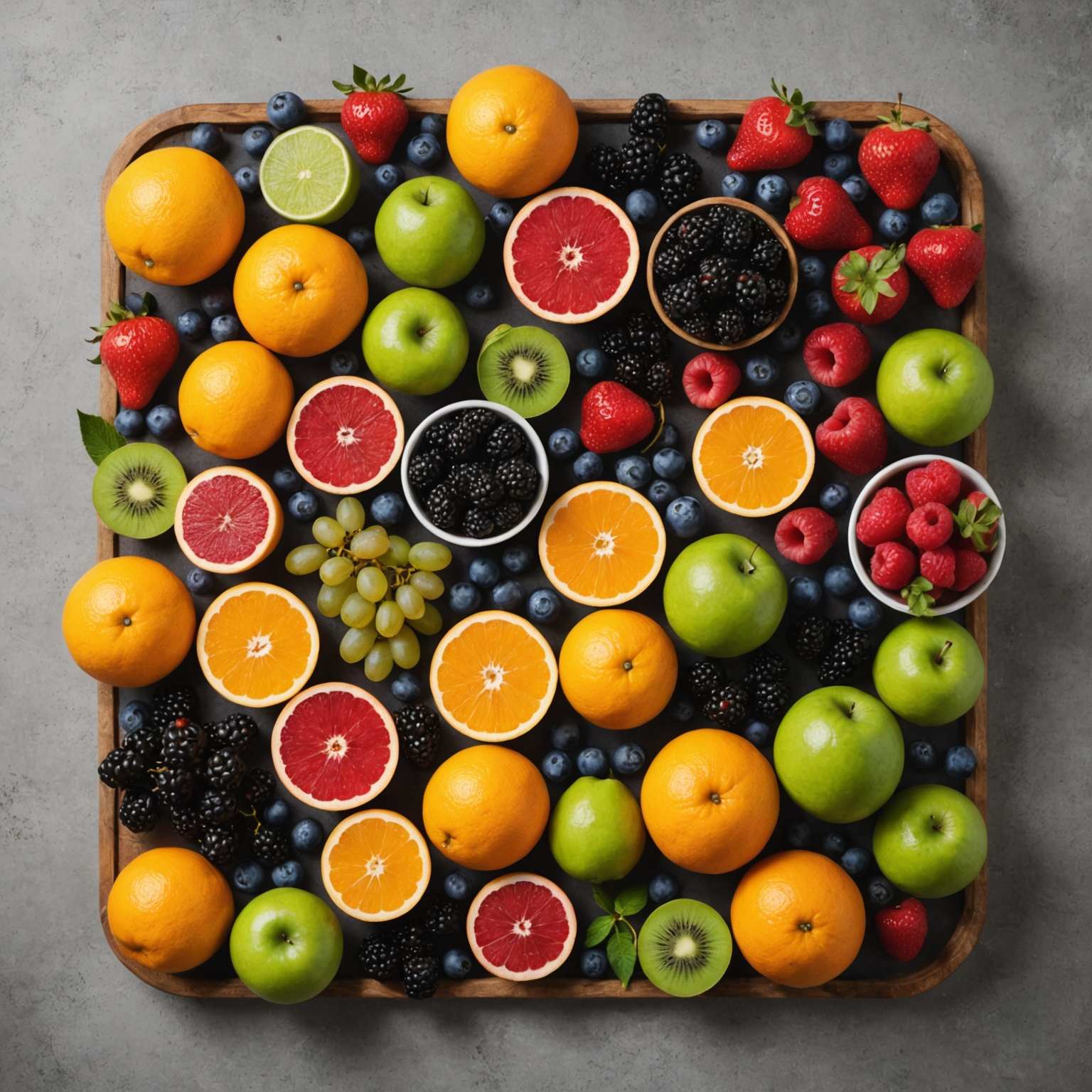
Oranges are citrus natural products celebrated for their huge L-ascorbic acid substance, which assumes a significant part in supporting a solid resistant framework and keeping up with skin wellbeing. Moreover, they supply fiber, potassium, and different fundamental nutrients and minerals. The cell reinforcements present in oranges, including flavonoids, add to decreasing irritation and improving cardiovascular wellbeing by bringing down cholesterol levels and directing circulatory strain. Moreover, their high water content advances hydration, going with them a phenomenal decision for generally liquid admission. The fiber found in oranges upholds stomach related wellbeing and can support weight the board by encouraging a vibe of completion. Oranges are adaptable and advantageous to drink, whether they are drunk new, squeezed, or integrated into plates of mixed greens and different dishes. With their fortifying flavor and various wellbeing benefits, oranges address a helpful expansion to the eating regimens of seniors zeroing in on further developing their general prosperity.
Do you agree?
3
"Grapes"

Grapes are a pragmatic and nutritious natural product reasonable for seniors, delighted in different structures. Plentiful in nutrients C and K, they additionally gloat cancer prevention agents like resveratrol, known for its heart-defensive impacts. Resveratrol assumes a part in decreasing irritation and forestalling LDL cholesterol oxidation, possibly bringing down cardiovascular illness risk. Also, grapes give fiber and high water content, adding to processing and hydration. The regular sugars present stockpile a speedy wellspring of energy while limiting huge glucose spikes. New, dried as raisins, or integrated into different recipes, grapes offer a sweet flavor close by their medical advantages, making them a superb and beneficial expansion to a senior's eating regimen that cultivates generally health and essentialness.
Do you agree?
4
"Blueberries"
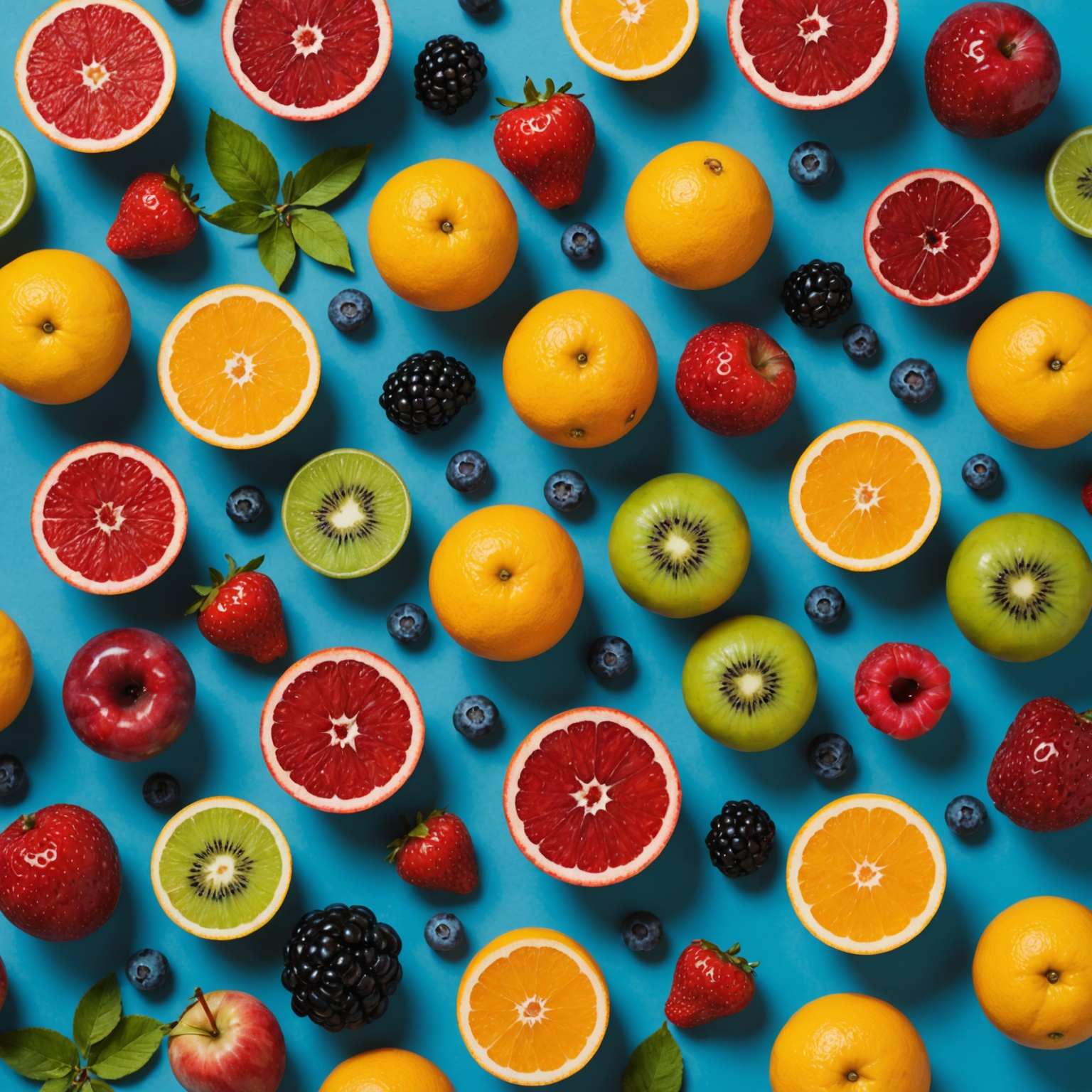
Blueberries are generally perceived for their high cancer prevention agent levels, especially anthocyanins, answerable for their dynamic blue tint. These cell reinforcements assume a critical part in defending the body against oxidative pressure and irritation, factors firmly connected with maturing and different constant circumstances. Also, blueberries are plentiful in nutrients C and K, alongside dietary fiber. Reliable utilization of blueberries has been connected to upgraded mind wellbeing, adding to further developed memory and mental capability, which is especially beneficial for the older. They additionally advance heart wellbeing by assisting with streamlining cholesterol levels and lower pulse. Blueberries are flexible and can without much of a stretch be remembered for the eating routine, whether blended into oats, yogurt, smoothies, or delighted in solo as a bite. Their magnificent taste and broad medical advantages make them an important part of a nutritious eating regimen, particularly for seniors.
Do you agree?
5
"Bananas"

Bananas are eminent for their high potassium content, which is fundamental for supporting heart capability and managing pulse. Moreover, they offer huge measures of nutrients B6 and C, as well as dietary fiber. The normal sugars tracked down in bananas, including fructose, glucose, and sucrose, give a fast jolt of energy, making them an optimal nibble for supporting energy levels over the course of the day. Bananas are kind with the stomach related framework and can support easing gastrointestinal issues like blockage. Their fiber content adds to stomach related wellbeing by empowering ordinary solid discharges. Moreover, bananas are unimaginably adaptable; they can be consumed new, added to cereals, mixed into smoothies, or integrated into solid prepared products. Their absorbability and large number of uses make bananas an extraordinary organic product choice for seniors expecting to maintain their wellbeing and prosperity.
Do you agree?
6
"Strawberries"
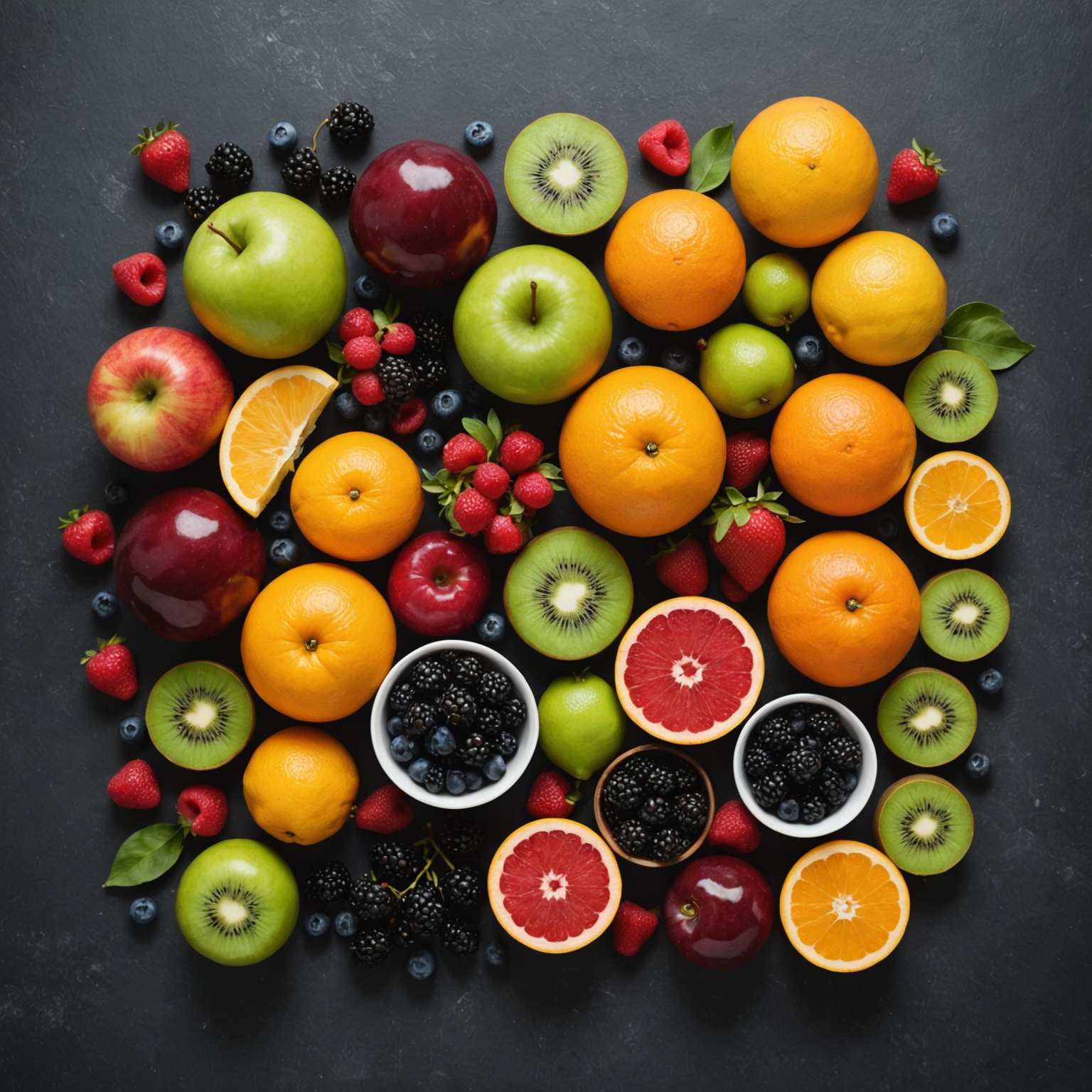
Strawberries are a heavenly and nutritious organic product that gives various medical advantages. They are plentiful in cell reinforcements, including L-ascorbic acid and manganese, which assist with safeguarding the body from oxidative pressure and support resistant capability. Moreover, strawberries offer a lot of dietary fiber, helping processing and aiding glucose guideline. The anthocyanins found in strawberries advance heart wellbeing by upgrading cholesterol levels and controling irritation. Besides, strawberries have mitigating properties that might bring down the gamble of constant infections, like joint inflammation. With their low carbohydrate level and high water content, they act as a hydrating and weight-accommodating tidbit. Strawberries can be consumed new, integrated into grains, mixed into smoothies, or used in sweets, adding adaptability and healthful advantages to the eating regimens of seniors.
Do you agree?
LATEST POSTS
- 1
 Best Quest for new employment Site for You to Track down Amazing open doors
Best Quest for new employment Site for You to Track down Amazing open doors - 2
 Creative Style: 10 Architects Reclassifying the Business
Creative Style: 10 Architects Reclassifying the Business - 3
 Believe Should Unwind? Look at These Scaled down Games
Believe Should Unwind? Look at These Scaled down Games - 4
 The 10 Most Progressive Logical Disclosures
The 10 Most Progressive Logical Disclosures - 5
 The most effective method to Shake Hands Expertly: A Bit by bit Guide
The most effective method to Shake Hands Expertly: A Bit by bit Guide
Share this article
 Moving Pool Highlights for 2024
Moving Pool Highlights for 2024 5 Food varieties to Remember for Your Eating regimen for Ideal Wellbeing
5 Food varieties to Remember for Your Eating regimen for Ideal Wellbeing 5 VIP Voice Exhibitions in Energized Movies
5 VIP Voice Exhibitions in Energized Movies A definitive Handbook for Securities exchange Money management
A definitive Handbook for Securities exchange Money management Vote In favor of Your Favored Pizza Cover
Vote In favor of Your Favored Pizza Cover Well known SUVs With Low Energy Utilization In 2024 vote
Well known SUVs With Low Energy Utilization In 2024 vote Productive CRM Programming for Client Relationship The executives
Productive CRM Programming for Client Relationship The executives The Force of Mentorship: Self-improvement through Direction
The Force of Mentorship: Self-improvement through Direction Find the Effect of Web-based Entertainment on Psychological wellness: Exploring the Advanced Scene Securely
Find the Effect of Web-based Entertainment on Psychological wellness: Exploring the Advanced Scene Securely






